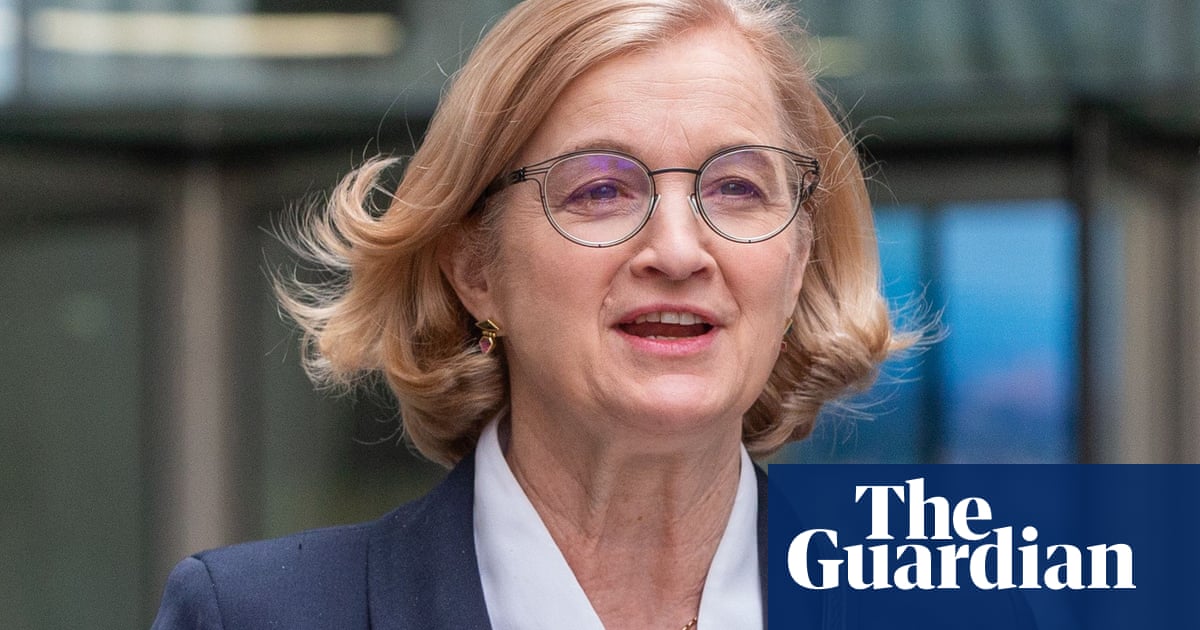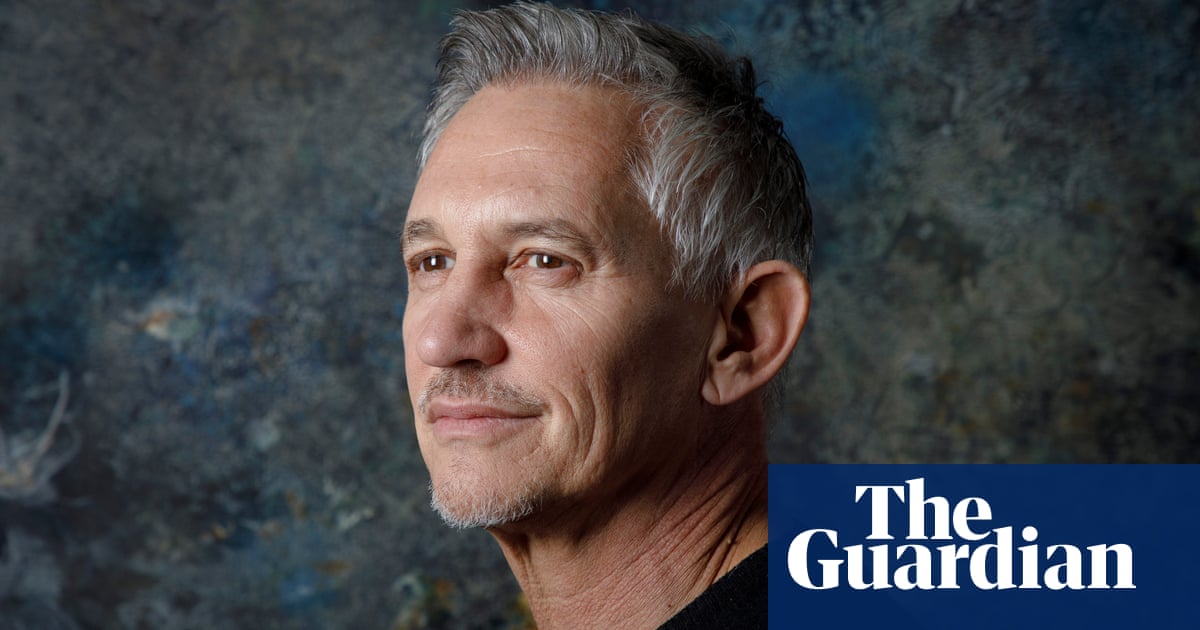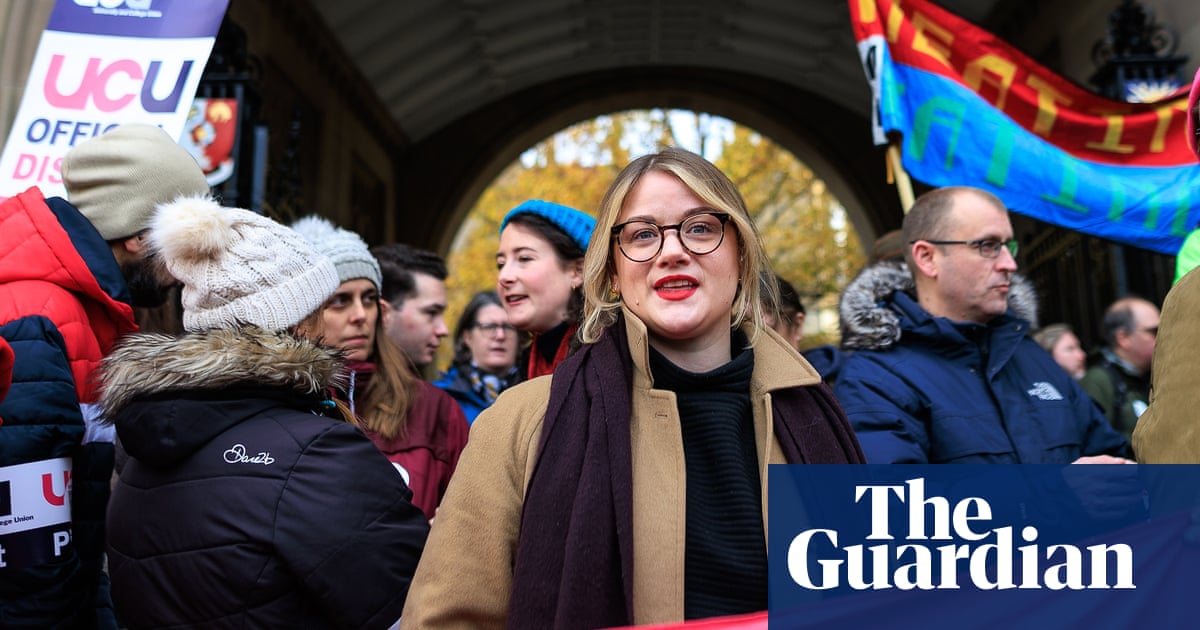
Nobody at the BBC should “ever feel fear or worry while working” for the corporation, its chair said, as it launched an independent review of its workplace culture.
The review, which will be led by a management consultancy firm, comes after a series of damaging scandals at the broadcaster, which led to questions being raised about how it prevents abuse by and of those working for it.
The corporation announced an independent review into its workplace culture in August after the disgraced former presenter Huw Edwards pleaded guilty to possessing indecent images of children.
At the end of last month the BBC apologised to the former Strictly Come Dancing contestant Amanda Abbington after the broadcaster concluded a review into the actor’s complaints against the dancer Giovanni Pernice.
The workplace culture review will be led by Grahame Russell, the executive chair and founder of Change Associates. The report will focus on “preventing abuse of power and ensuring everyone at the BBC conducts themselves in line” with BBC values, the corporation said.
Announcing the start of the review on Friday, the BBC chair, Samir Shah, told staff in an email he was “fully committed” to tackling inappropriate or abusive behaviour.
“For most of us it is a joy to work for the BBC and that should be the case for everyone. Nobody working in the BBC should ever feel fear or worry while working here,” he said. “What is clear to me is that we must ensure the BBC is a safe, secure and welcoming workplace for everyone.”
The BBC said the review would look at how it can “ensure the consequences of inappropriate behaviour and abuse of power are understood by everyone and that significant issues are dealt with as soon as they are identified and in a consistent manner”.
It will also examine if there is more the corporation could do to “ensure people feel confident to speak up and for managers and leaders to act decisively”.
Last month, during a speech at the Royal Television Society London conference, the BBC director general, Tim Davie, admitted the corporation’s reputation had suffered following the Edwards scandal. Once seen as the anchor of the nation, Edwards pleaded guilty to three counts of making indecent images of children in July, having accessed indecent photographs of children as young as seven that were sent to him by a convicted paedophile.
Experts have warned that the dramatic fall of Edwards has to be a “wake-up call” to broadcasters and a turning point for the embattled BBC.












